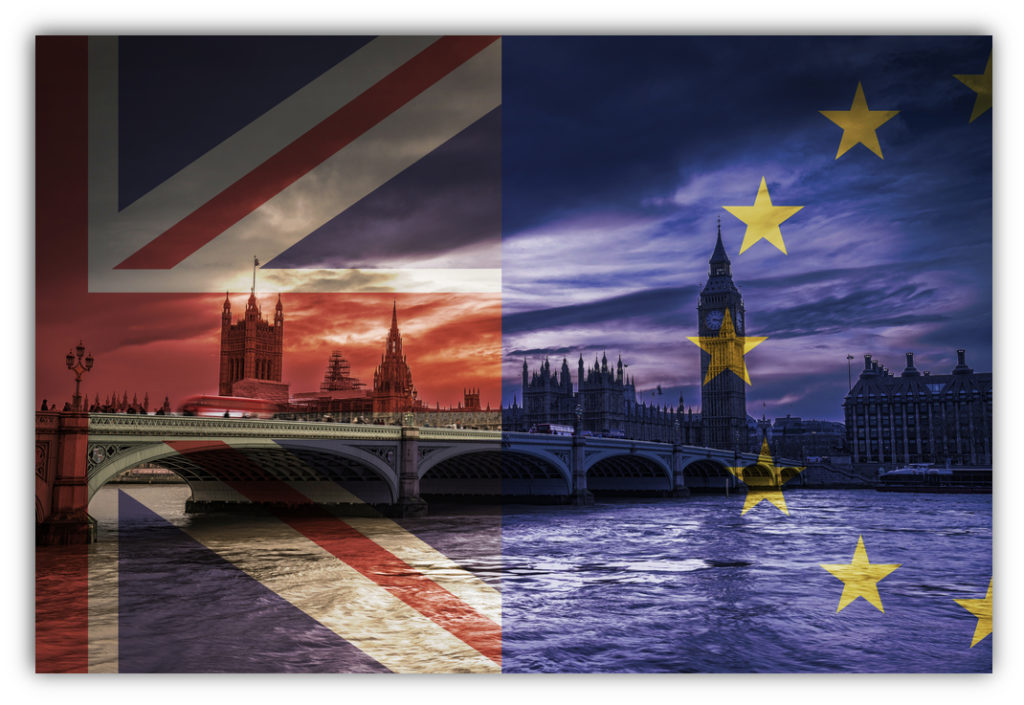
Image via Shutterstock
The UK has voted to leave the European Union.
The Brexit campaign was revealing because it was based on the exact opposite of the urban triumphalist vision that so often dominates the discourse.
Globalization doesn’t respect borders we’re told. Cities, not provinces or nation-states, are the real actors in the global economy. Some have fantasized about the Singapore model of the city-state as ideal. Virtually all mayors express great dissatisfaction about their national governance arrangements. Benjamin Barber even wrote that mayors should rule the world.
The ultimate vision of this would be an independent, polyglot London, arguably the world’s most truly global city, bestriding the global economy like a colossus.
Yet most of the London establishment – and 60% of Londoners themselves in the vote – strongly supported the Remain option. They warned of disaster for London if it lost access to the EU single market.
This more or less demolishes the arguments for the city-state. If London, the world’s ultimately global city, can’t thrive without access to a continental scale de facto state in the EU, there’s little prospect anyone else can either.
It’s telling that so many city leaders hate their state or national governments, but love supra-national governments like the EU. The shows that their real desire isn’t to go it alone in the marketplace, but to create replacement governance structures that are more amenable to their way of thinking, that constitutionally enshrine their preferences, and are insulated from democratic accountability.
What’s more, if London suffers because it loses access to the single market, it shows that borders to matter to globalization, and that states and quasi-states like the EU very much can exert control on global flows. They are not simply helpless in the face of the global marketplace.
Of course when I say these arguments are destroyed, I only mean that the people advancing them don’t really believe them themselves. We will find out in a real life test to what extent those ideas are actually valid. Will London’s unparalleled global orientation, talent concentrations, unique and specialized functions enable it to thrive outside the EU? Or will it take a permanent hit? (This assumes, of course, that Brexit actually does happen).
If London does actually continue thriving in the long term, then that would actually back up the city-state idea to some extent, as London will have gone from being part of a gigantic state to a much smaller one. That might suggest that a further devolution to a greater London city-state might be viable after all, if highly unlikely.
But if London can’t recover from the inevitable turbulence around Brexit, this would show that not only do cities need to be part of states, they need to be part of very large and powerful ones.
If you think about it, history suggests that is the case to some extent. London is London because it was the capital of the British Empire. Dittos for Paris and Moscow, both imperial capitals. New York isn’t New York just because of its own characteristics – though those do play a role – but because it is the most important city in the world’s most important country. Shanghai and Beijing are coming on strong because they are in China.
In any event, the city-state theory is going to get something of a trial run, if an imperfect one. Ironically, that real life trial will come over the objections of the city itself, and much of the urbanist class who otherwise preach urban independence.
from Aaron M. Renn
http://www.urbanophile.com/2016/06/24/vote-for-brexit-explodes-the-myth-of-the-global-city-state/
No comments:
Post a Comment